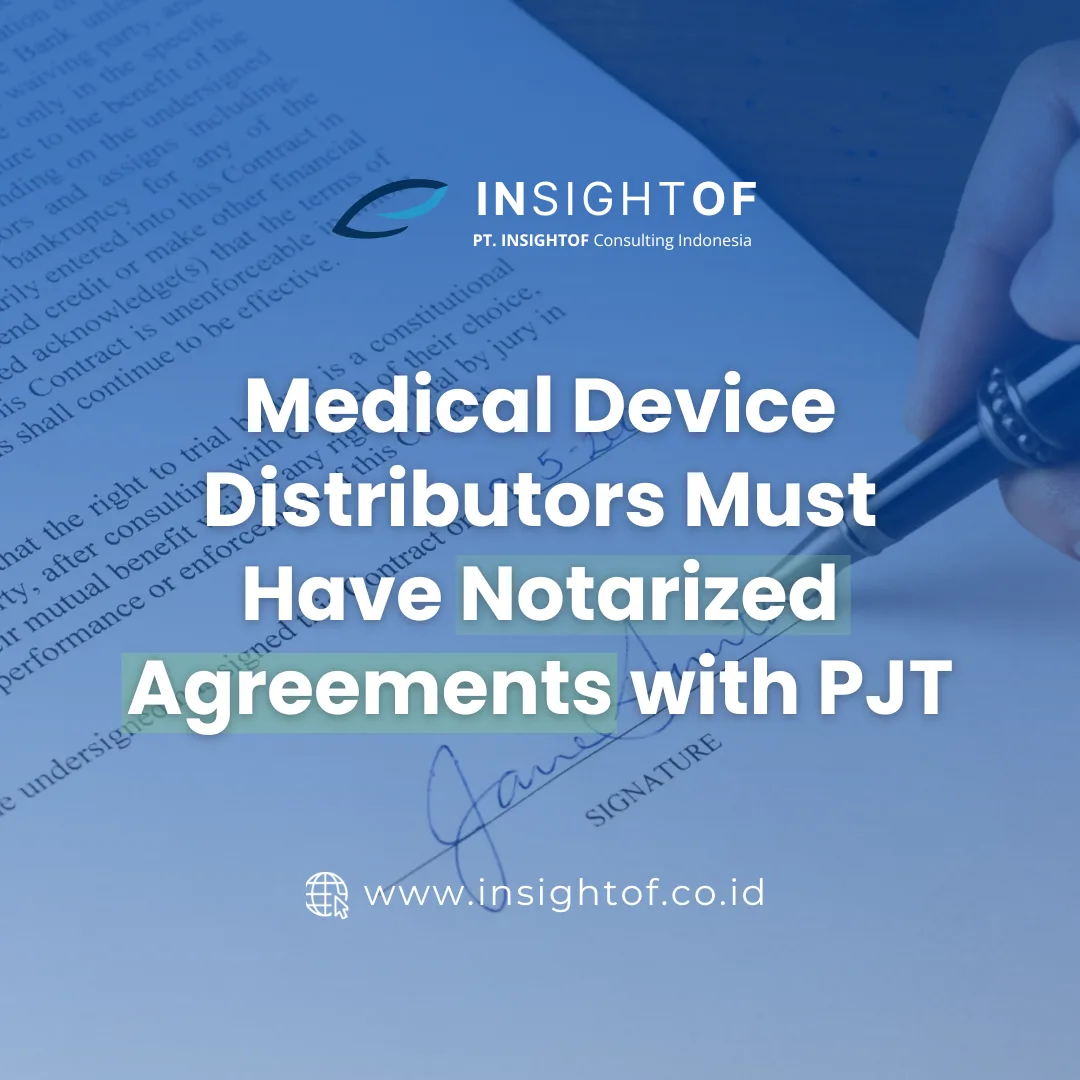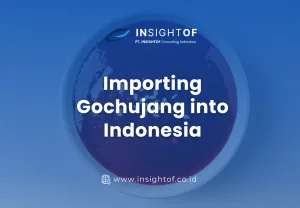New Circular Letter Requires Medical Device Distributors to Have a Notarial Deed for Technical Responsible Person (PJT)

The Ministry of Health has issued a new circular letter requiring all medical device distributors to appoint a Technical Responsible Person (PJT) who is bound by a notarized agreement. The main goal of this regulation is to improve compliance with existing laws and maintain an orderly process in the health sector. Furthermore, with a notarized agreement in place, the rights and obligations of both the distributor and the PJT will be clearer. Notably, this regulation, found in Minister of Health Regulation Number 14 of 2021, will take effect on January 1, 2025.
Technical Responsible Person (PJT) holds a key position in the distribution of medical devices. This individual is responsible for ensuring that all products meet established quality standards and regulations. Accordingly, in the new framework, the company must formalize its relationship with the PJT through a notarial deed. This action replaces the previous ‘Waarmerking’ certification process. Importantly, this legal requirement is becoming increasingly stringent, as announced in the Ministry’s letter No.FR.03.06/E.V/1905/2024
Key Points from the Circular
- Every Medical Device Distributor must have a Technical Responsible Person (PJT).
- The Technical Responsible Person (PJT) at the Medical Device Distributor works full-time.
- The Medical Device Distributor and the Technical Responsible Person (PJT) enter into a binding agreement through a Cooperation Agreement in the form of a Notarial Deed.
- The notarial deed of the cooperation agreement must state the rights and obligations of each party involved and must specify the validity period of the Cooperation Agreement contract between each party.
- The Ministry of Health will conduct socialization for the implementation of the Notarial Deed of the PJT Cooperation Agreement with the Company from October 1 to December 31, 2024, through the regalkes system.
Ensuring Quality and Compliance
This new standard is expected to significantly impact the medical device distribution landscape. Specifically, it will ensure better compliance with Good Distribution Practice Requirements (CDAKB) and, consequently, improve the quality of healthcare services throughout Indonesia. This proactive approach aims to ensure a smooth transition and compliance with the updated legal framework, emphasizing the importance of PJT in maintaining the integrity and safety of medical devices in the market.
For details on this circular letter, please visit: 1000963 (kemkes.go.id)
Photo by Cytonn Photography








